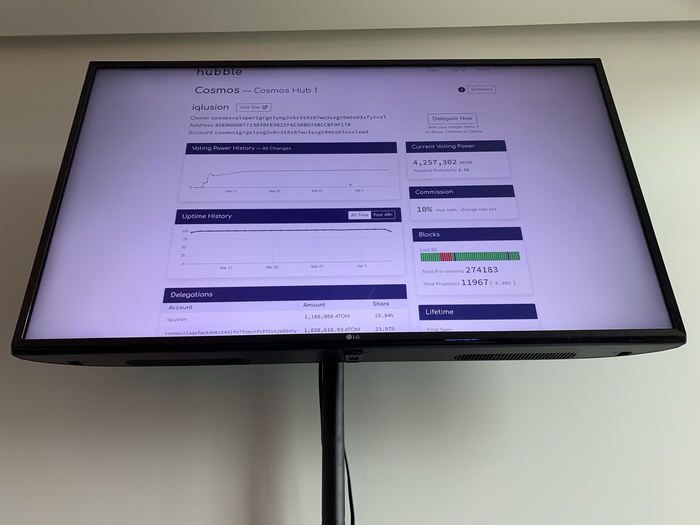Introducing the `k256` crate: a pure Rust secp256k1 library based on projective formulas
By Tony Arcieri
The Rust programming language has received widespread adoption in the cryptocurrency space, owing to many things like its emphasis on safety, sophisticated type system, and impressive support for concurrency and async I/O. However, where Rust has succeeded in this space, it’s been despite the language’s sometimes spotty support for cryptographic algorithms used in cryptocurrency development.
One of the most critical algorithms commonly used in cryptocurrency is elliptic curve cryptography (ECC). While there are many impressively high quality ECC implementations written from the ground up in pure Rust, such as the curve25519-dalek and bls12_381 crates, the story around the most commonly used elliptic curve in cryptocurrency, secp256k1, is a bit more confusing and fragmented.
Here is a screenshot of the results you get if you search for “secp256k1” on crates.io, the Rust...



